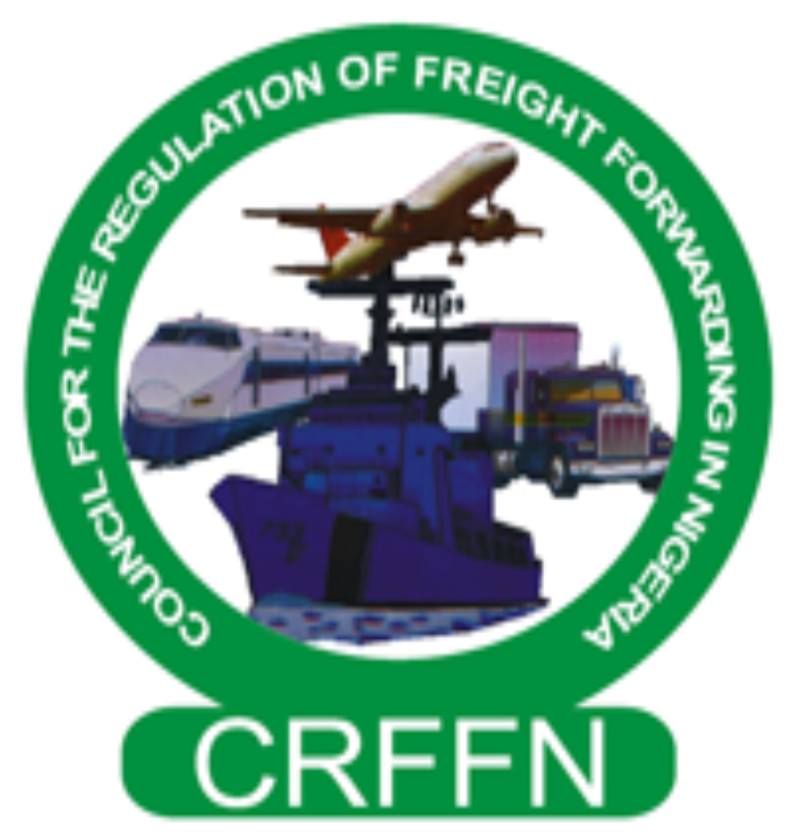The Registrar of the Council for the Regulation of Freight Forwarding in Nigeria (CRFFN), Kingsley Igwe, has stated that a recent court ruling will not prevent the Council from collecting the controversial Practitioners Operating Fee (POF) from customs agents.
Speaking at a press conference held at the CRFFN Secretariat on Tuesday, Igwe reaffirmed the Council’s statutory mandate, asserting that it remains the legally empowered authority to regulate freight forwarding in Nigeria under Act No. 16 of 2007.
The briefing was in response to a Federal High Court judgment delivered in Ikeja, Lagos, which questioned CRFFN’s authority to regulate customs agents and collect fees from them.
The case had been instituted by the National Council of Managing Directors of Licensed Customs Agents (NCMDLCA), led by its President, Lucky Amiwero. Reacting to the ruling, Amiwero stated:
“We are not freight forwarders. We are licensed under a different law, and this judgment affirms that distinction. Members of NCMDLCA will pursue refunds for all POF payments previously collected from customs brokers.”
The court held that licensed customs agents operate under the Customs and Excise Management Act (CEMA), placing them under the exclusive regulatory oversight of the Minister of Finance and the Nigeria Customs Service (NCS), not the CRFFN. It further invalidated a 2017 directive from the Ministry of Transportation that mandated registration with CRFFN and payment of fees, including the POF, as a condition for port access and license renewal.
In his response, Igwe insisted that CRFFN’s regulatory powers extend to all participants in the freight forwarding value chain, including customs agents engaged in freight forwarding activities. He cited Section 4(a)-(g) of the CRFFN Act, which outlines the Council’s responsibilities, including licensing, regulation, and discipline of freight forwarders.
Igwe also referenced Section 106(4) of the Nigeria Customs Service Act, 2023, which states:
“A customs representative shall be a freight forwarder and shall be subject to the regulations and code of conduct of the freight forwarding profession in Nigeria.”
This, he said, legally integrates customs representatives into the freight forwarding sector, making them subject to CRFFN regulation.
He further clarified that the Practitioners Operating Fee is not a tax or revenue levy but a statutory regulatory fee established by CRFFN’s enabling Act. Citing Section 4(e) of the CRFFN Act, he explained that the Council is empowered to maintain a register of freight forwarders and impose fees necessary for regulation and professional development.
“The POF is a regulatory instrument aimed at promoting professionalism, enhancing training and certification, strengthening institutional capacity, and ensuring data integrity within the freight forwarding sector,” he said.
Igwe noted that the Council’s legal team is currently reviewing the judgment and will exercise its right of appeal where necessary.
Reaffirming CRFFN’s commitment to stakeholder collaboration, he called on all industry practitioners — including customs agents, terminal operators, government agencies, and other logistics service providers — to remain calm, law-abiding, and in compliance with existing regulations pending further guidance.
